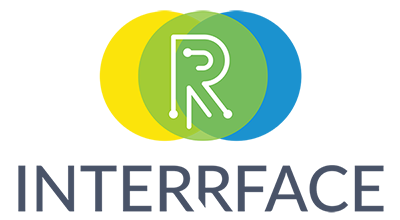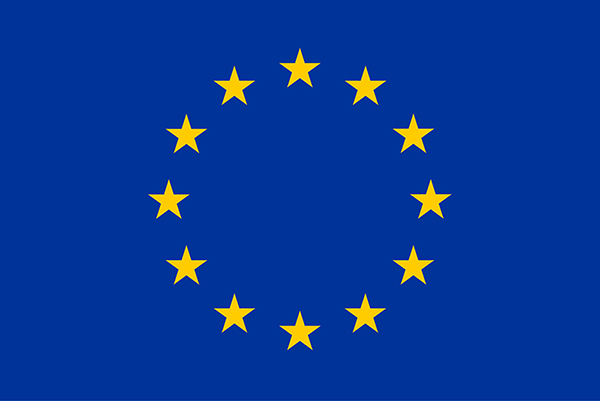FlexiCon aims at developing state-of-the-art end-user tools that enable flexible assets to exploit their flexibility potential by participating in congestion management markets. The developed tool, OptiSchedule, will unlock the utilization of flexibility for the benefit of customers, flexibility providers, BRPs, and network operators. The proposed tool aims at quantifying the available flexibility at each time of the day and optimize its procurement according to the desired objective. OptiSchedule will enable grid users to participate in a local market and sell flexibility in an optimal way. Flexibility providers can quantify their willingness to offer flexibility and be compensated for its use. Overall, it aims at optimizing the welfare of the community by exploiting flexible resources for the resolution of congestions in the grid. Its effectiveness can be measured in terms of the total monetary savings from preventive congestion management instead of expensive re-dispatching and countertrading. Also, it is important to evaluate the full capacity offered in day-ahead from flexible sources like batteries.
Furthermore, from a socioeconomic perspective, OptiSchedule facilitates the utilization of the utmost capacity of the existing networks. Consequently, this results in an increase of the hosting capacity of grids for renewable energy sources, demand response, new loads like electric vehicles, heat pumps, etc. It also results in avoiding expensive grid expansion and/or reinforcement. OptiSchedule is expected to add substantial value to the modern grid operation with high distributed renewable energy generation.
Technologically speaking, the use of cutting-edge stochastic optimization and machine learning algorithms are expected to place OptiSchedule at the state-of-the-art of flexibility management systems. Being at the intersection of energy systems, operations research, and data science the proposed methodology is expected to lead to a solid line of research and multiple contributions in these fields. The initial development of the framework and the algorithms can be used as a benchmark, which will guide future improvements and developments. Moreover, the results from the real demo are expected to lead to a scientific publication.
For more details, please consult with the project presentation.

 This project has received funding from the European Union’s Horizon 2020 research and innovation programme under grant agreement No 824330
This project has received funding from the European Union’s Horizon 2020 research and innovation programme under grant agreement No 824330